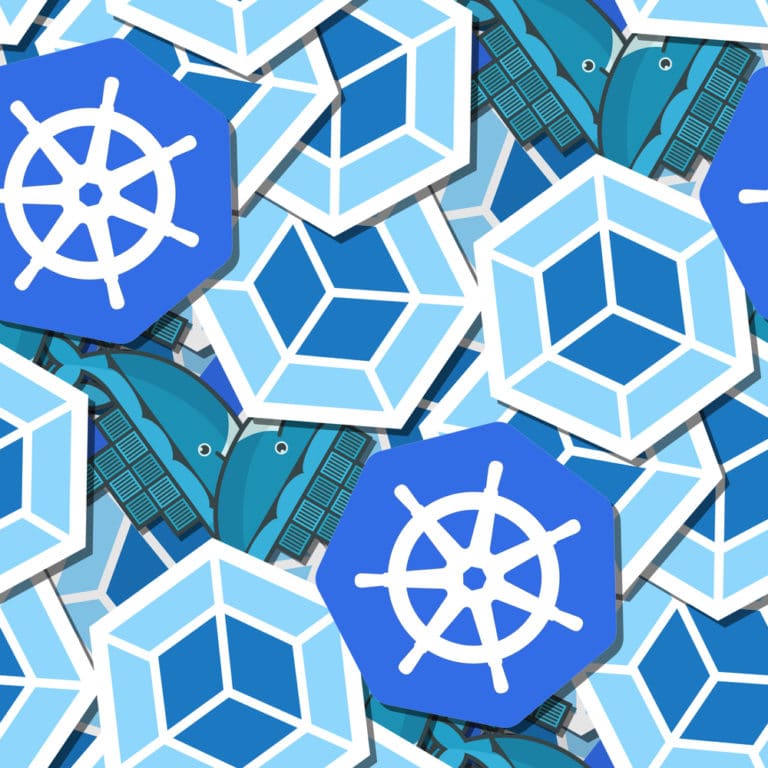HYCU announced this past weekend the first instances of support for Kubernetes clusters. They are available through its data protection platform, hosted in the cloud. Veep of products for HYCU, Subbiah Sundaram, says that the multi-tenant HYCU Protégé service supports several other platforms, in addition to Kubernetes clusters.
He said that the time to add support for Kubernetes is now because the platform is seeing wide deployment in production environments. An upcoming report from the Evaluator Group finds that 29% of enterprises are using Kubernetes in a production environment, with 40% testing it, intending to progress to deployment.
A look inside the release
The HYCU release for Kubernetes supports Google Kubernetes Engine (GKE) with integrations with other Kubernetes cloud services expecting certification shortly. Sundaram called HYCU unique because it can map the applications to understand the relevant underlying infrastructures to be protected.
It then takes a snapshot to load into the HYCU controller outside Kubernetes clusters, to backup the application or file. This method offloads all the data protection processes from the clusters, in a way that does not impact the app performance, according to Sundaram. IT teams can also deploy it to clone entire app environments.
The value propositions
Capabilities like the ones highlighted are critical as more workloads and their data are shifted between on-premises environments and multiple clouds.
Sundram notes that the amount of data in Kubernetes clusters is steadily increasing as more apps that require databases are deployed on them. Many IT teams are working to unify the management of computing and storage in Kubernetes environments, subsequently reducing operational friction.
The challenge Kubernetes has is that from a data protection perspective, the clusters are multiplying rapidly. For that, Sundram says that IT teams will need a centralized approach and HYCU Protégé for Kubernetes seems to be it.
